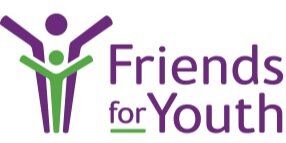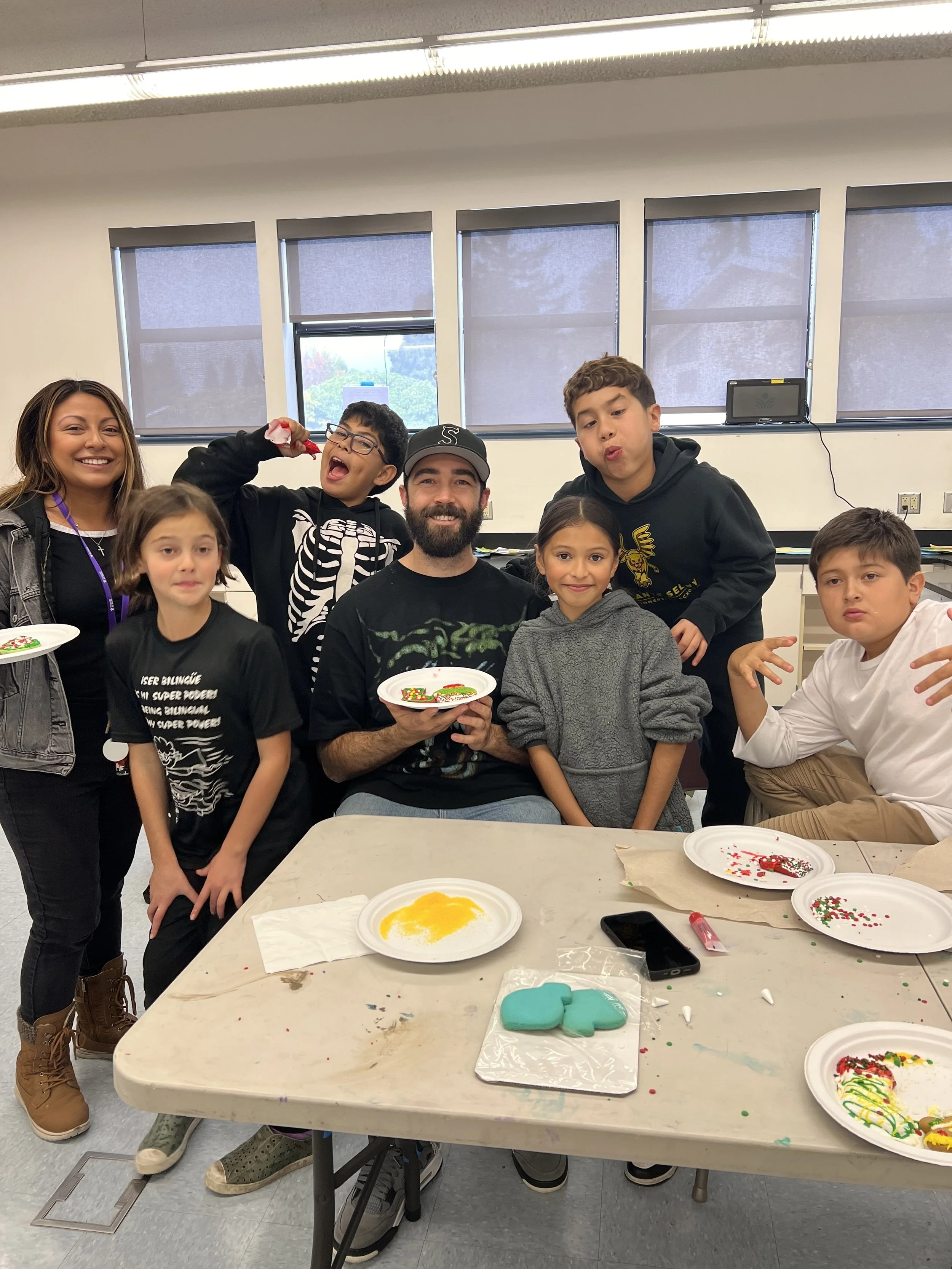Creating Community in Schools
Volunteer mentors provide 5th-12th grade students, who may be facing multiple challenges, with encouragement and guidance as they navigate important transitions, from elementary to middle school and into high school.
Group Mentoring
The Friends for Youth School-Based Mentoring Program matches students with mentors in small groups for interactive group mentoring sessions. Sessions focus on discussing topics regarding identity, self-awareness, self-management, relationship skills, social awareness and responsible decision-making. FFY has bilingual staff who host sessions in the languages of our communities.
The program provides students with support and resources to be successful. In 2016, we launched a group mentoring program at Sequoia High School to address rising dropout rates for low-income 9th graders of color in our local communities. We set out to prove that if youth had at least one positive relationship at school, they would stay engaged and remain in school. We have since expanded into 23 other schools and community sites in SUHSD, RCSD, SMFCSD, including low-incoming housing sites in Palo Alto.
How it Works
Friends for Youth Group Mentoring Program follows a 30-week Social & Emotional Learning curriculum based on the CASEL SEL Framework, which emphasizes five core competencies: Self-Awareness, Self-Management, Social Awareness, Relationship Skills, and Responsible Decision-Making.Volunteer mentors meet with students weekly for one-hour sessions, creating a safe and supportive space for students to share about their lives and develop essential skills. The program also includes field trips, providing enriching experiences outside of the classroom.
Program Success
This past school year, FFY served 324 youth through our site-based group mentoring program.
Based on our post-evaluation surveys, 95% of our group mentoring students would like to continue being a part of this program next school year. 91% would recommend this program for other students. 84% say mentors helped them find positive ways to deal with challenging issues and emotions. 82% feel more positive about life since meeting their mentors.
Who We Serve
The students in our school-based program have been identified as being challenged as they make the crucial transition from middle school to high school. Coupled with economic stress and limited resources, many struggle academically due to behavioral and emotional health issues, learning difficulties, and a lack of adult support networks. Through the mentoring program, students feel more connected and empowered at school and have greater access to opportunities in the community.




